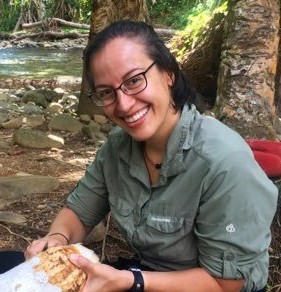
Assistant Professor of Comparative Human Development
Marisa Casillas explores how cognitive and social processes shape the ways in which we learn, perceive, and produce language.
Learn more about her work here.



Marisa Casillas explores how cognitive and social processes shape the ways in which we learn, perceive, and produce language.
Learn more about her work here.